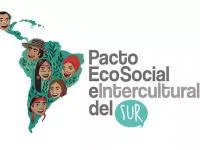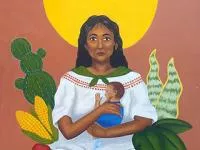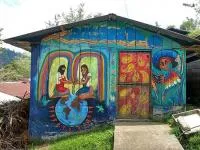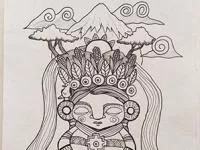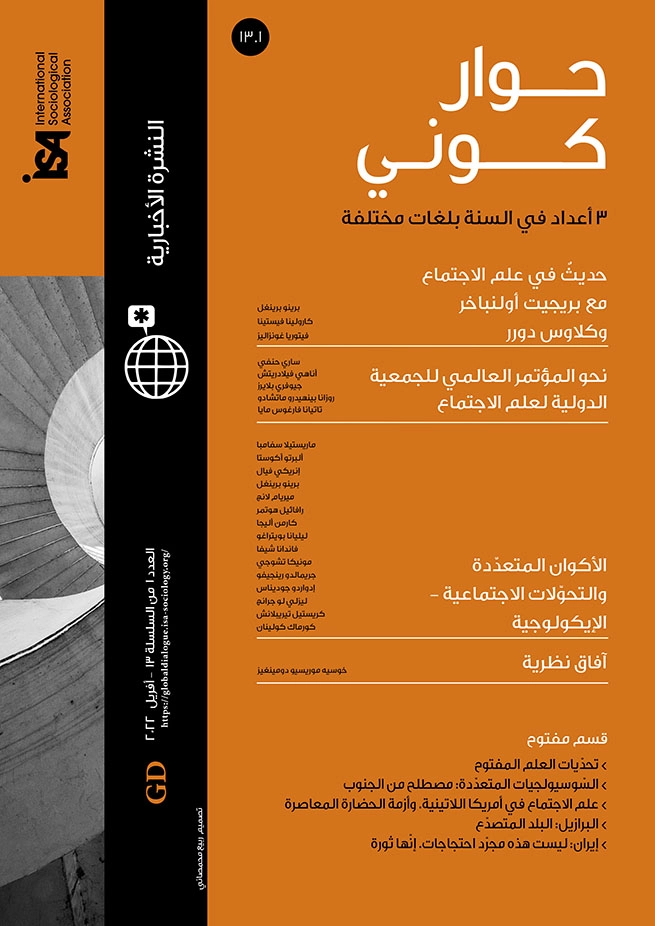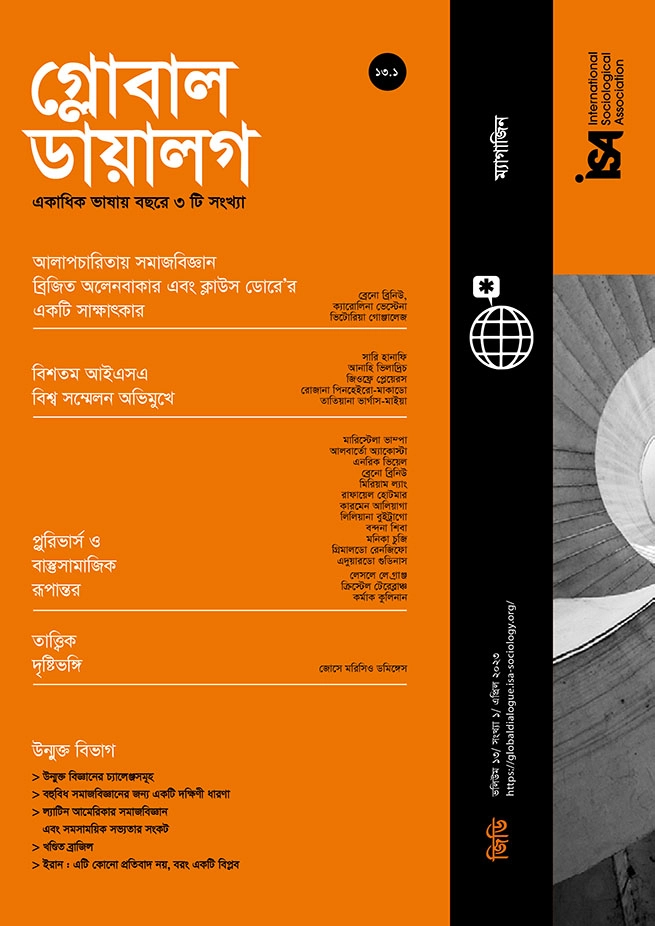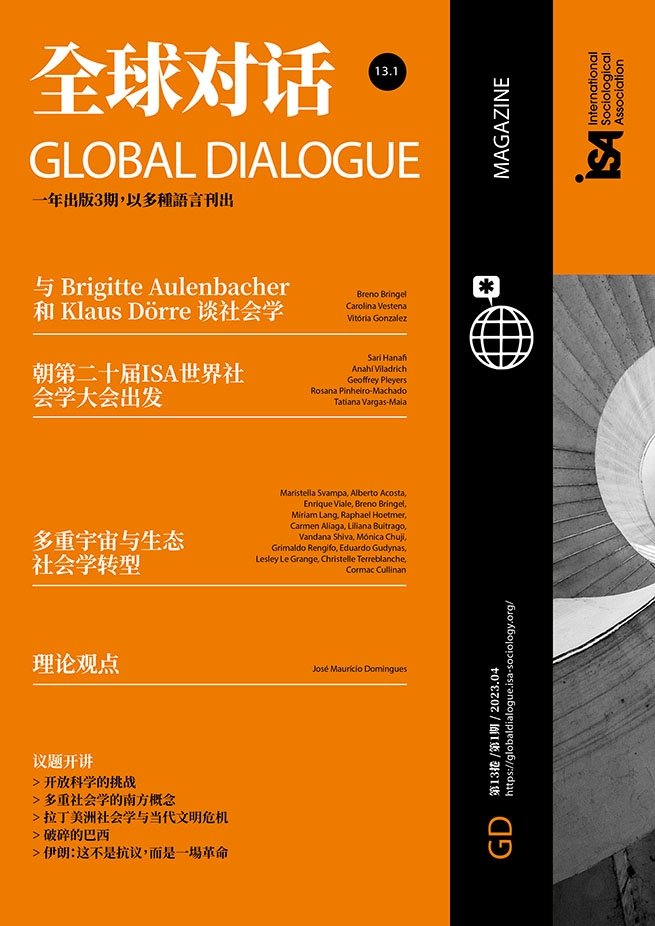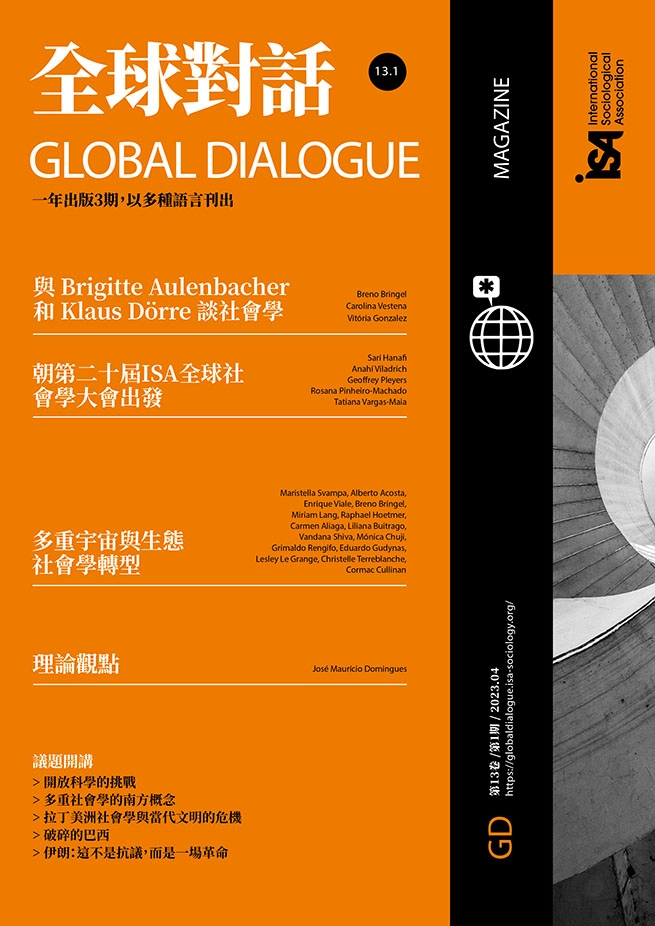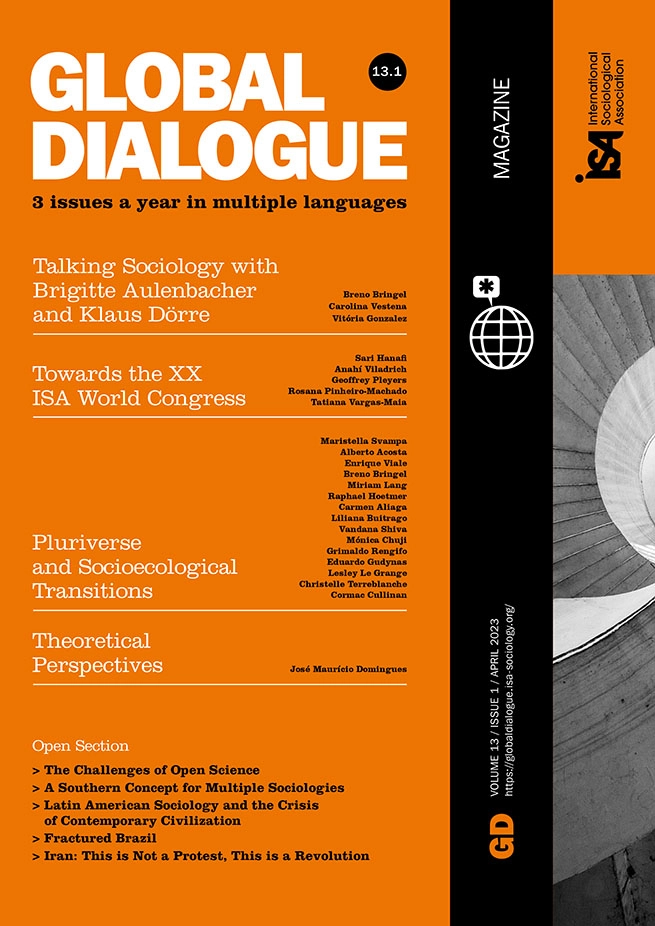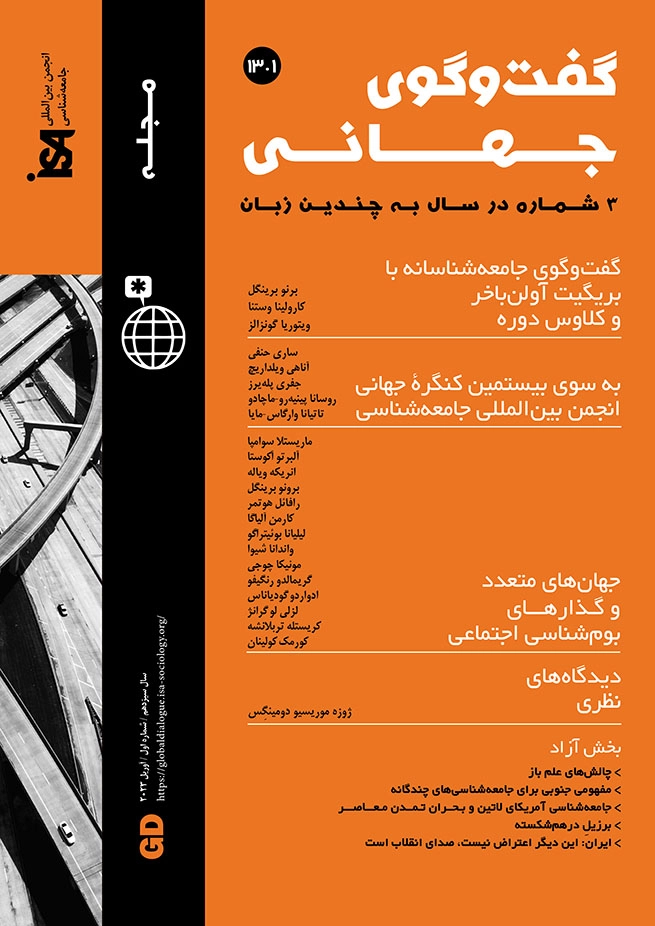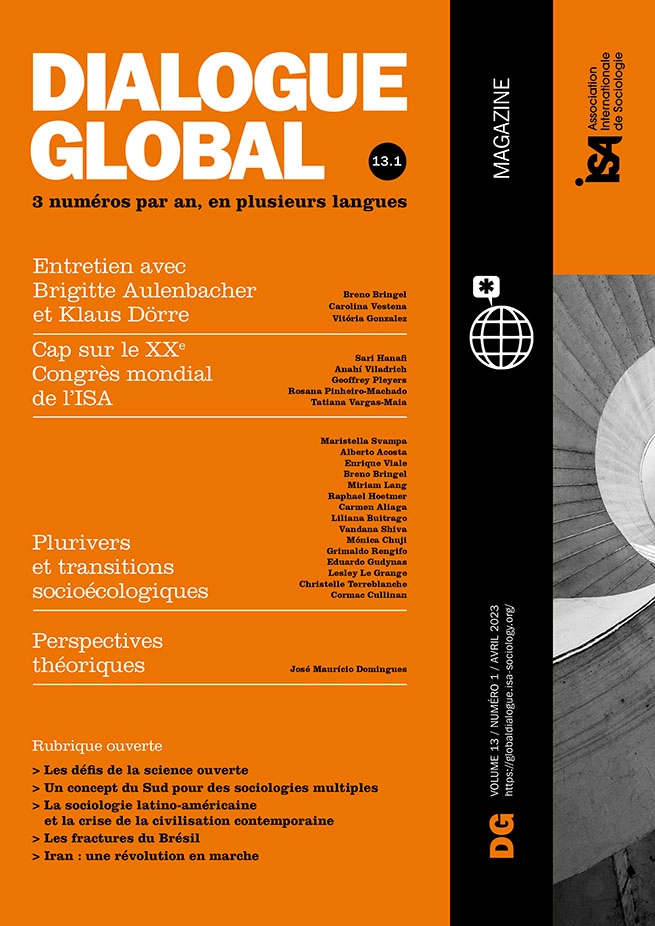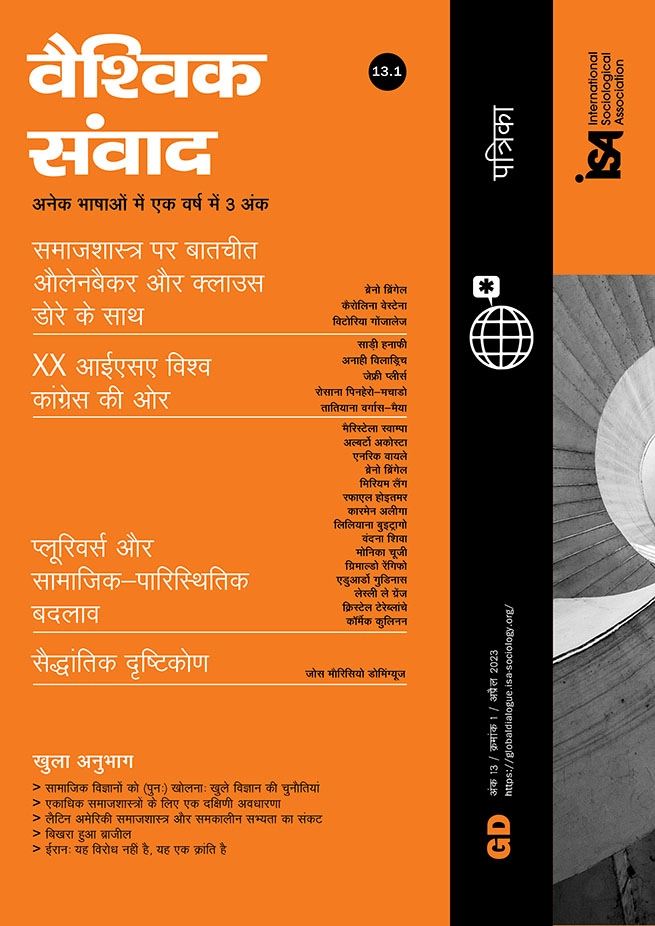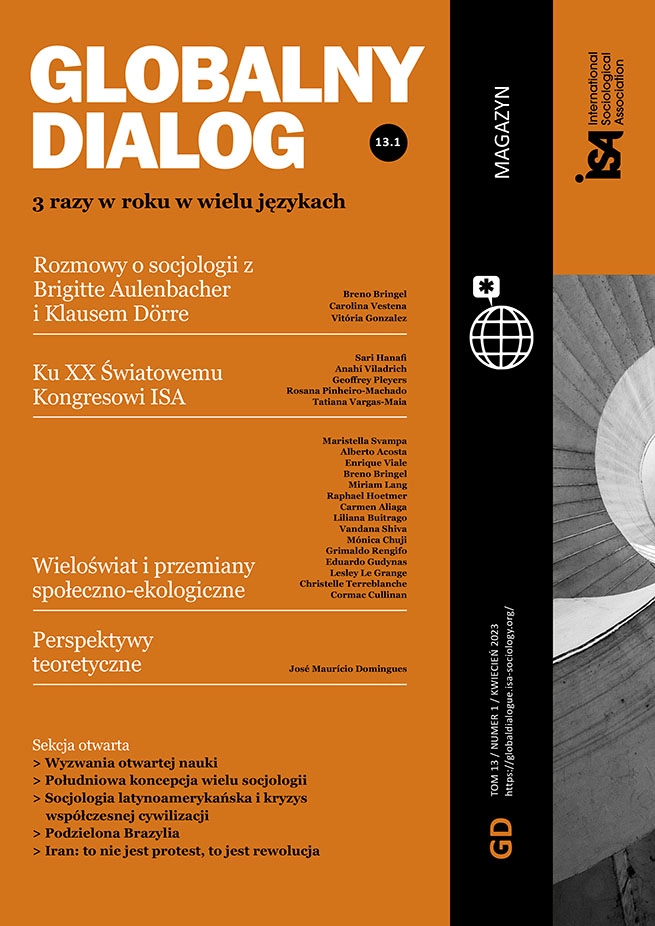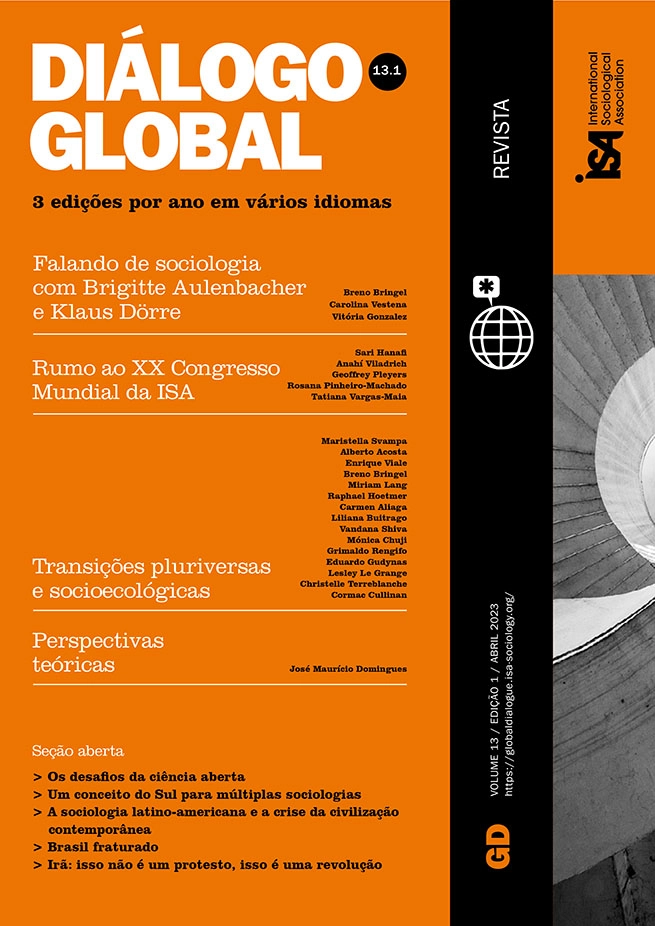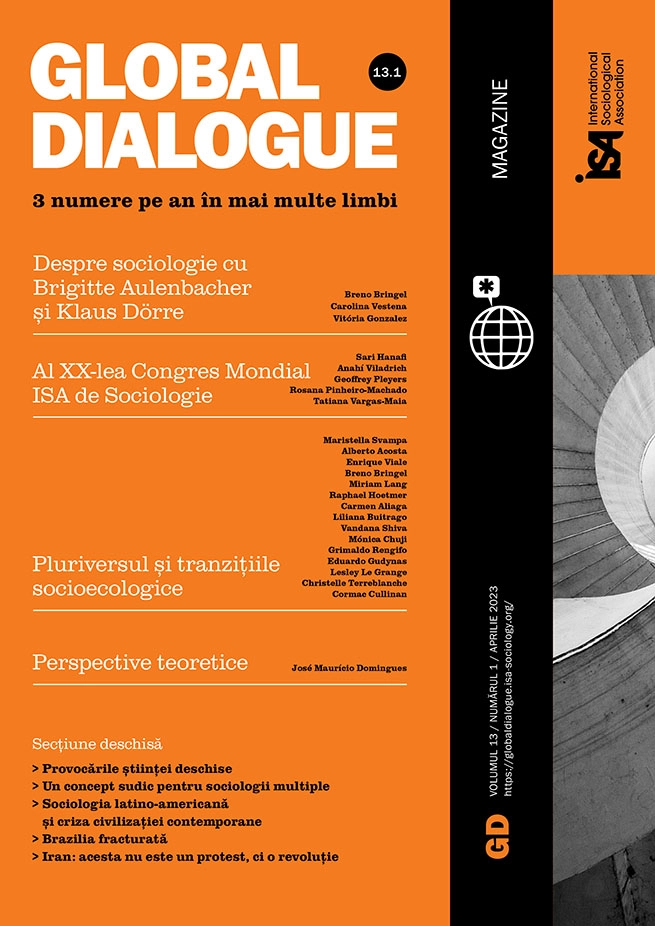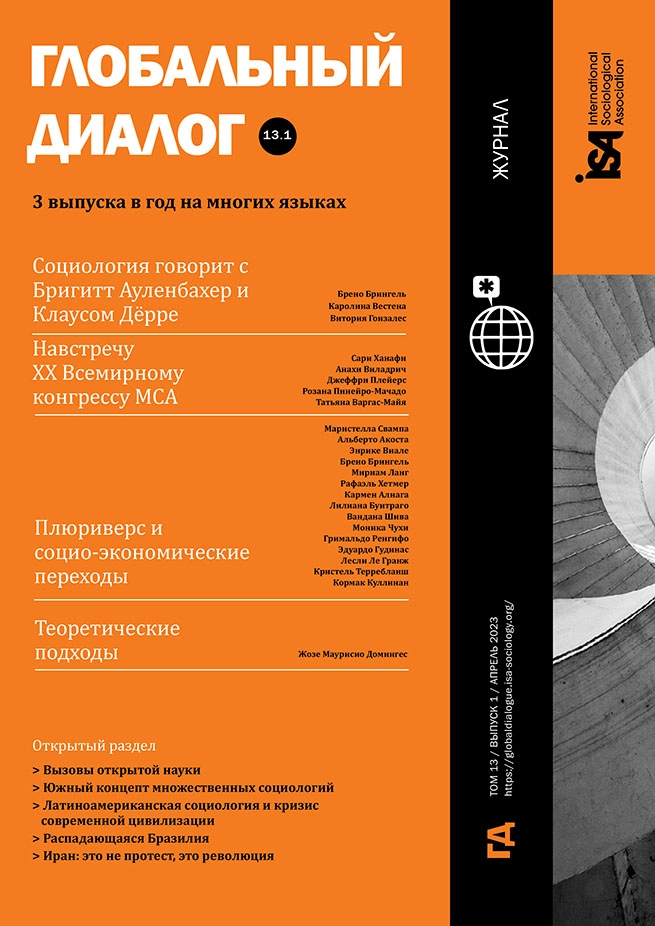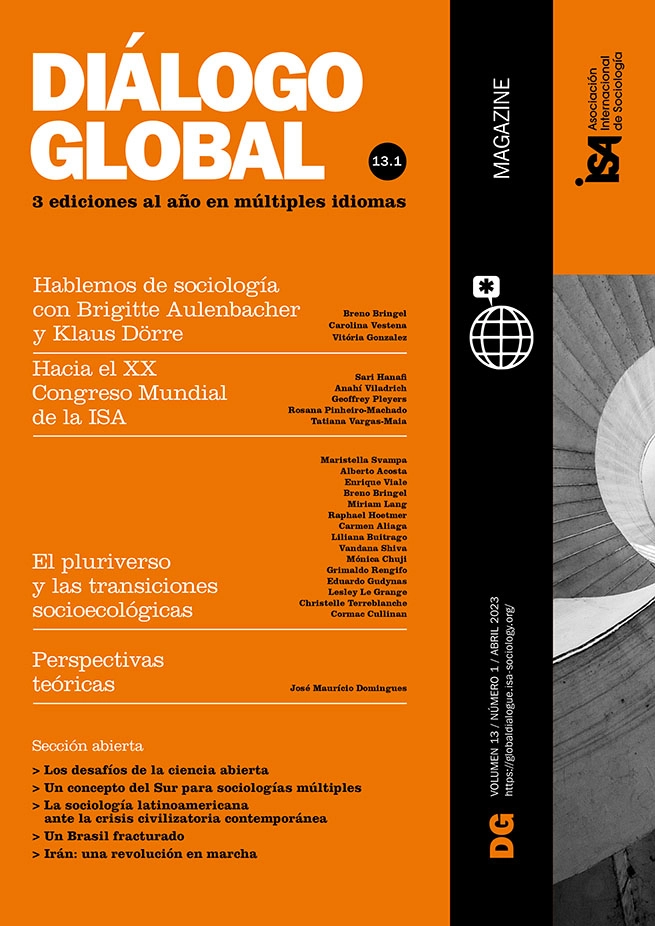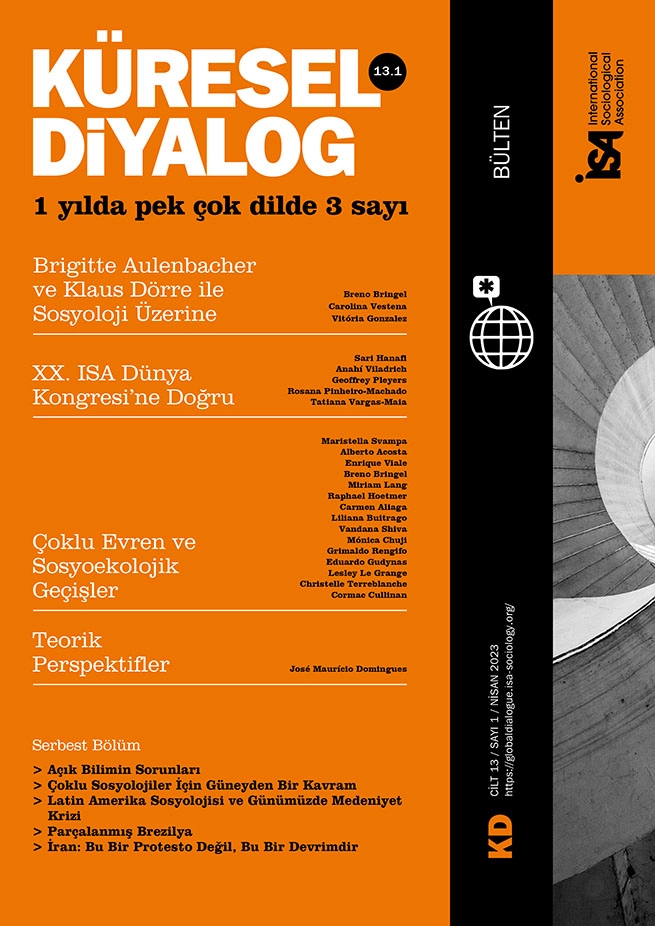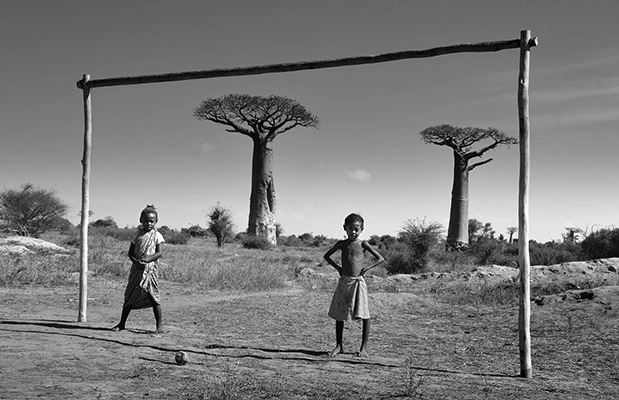Ubuntu is a southern African concept which means humanness and implies both a condition of being and a state of becoming. It concerns the unfolding of the human being in relation to other human beings and the more-than-human world of non-human nature. In other words, the becoming of a human is dependent on other human beings and the cosmos. Moreover, ubuntu suggests that a human being is not the atomized individual of the Western tradition, but is embedded in social and biophysical relations.
Ubuntu is therefore “anti-humanist” because it emphasizes the relational existence and becoming of the human being. Ubuntu is derived from proverbial expressions or aphorisms found in several languages in Africa, south of the Sahara. In the Nguni languages of Zulu, Xhosa, and Ndebele spoken in South Africa, ubuntu derives from the expression: Umuntungumuntungabanye Bantu, which suggests that a person’s humanity is ideally expressed in relationship with others, and, in turn, is a true expression of personhood: “We are, therefore I am.” Botho is its equivalent in Sotho-Tswana languages and this word is derived from the proverbial expression: Mothokemothokabathobabang. Ubuntu comprises one of the core elements of a human being. The Zulu word for human being is umuntu, one who is constituted of the following: umzimba (body, form, flesh), umoya (breath, air, life), umphefumela (shadow, spirit, soul), amandla (vitality, strength, energy), inhliziyo (heart, center of emotions), umqondo (head, brain, intellect), ulwimi (language, speaking), and ubuntu (humanness).
A recovered traditional way to live
Ubuntu is, however, not only a linguistic concept, but has a normative connotation embodying how we ought to relate to the other – what our moral obligation is towards the other. Ubuntu suggests that our moral obligation is to care for others, because when they are harmed, we are harmed. This obligation extends to all of life, since everything in the cosmos is related: when I harm nature, I am harmed.
Like all African cultural values, ubuntu was circulated orally and traditional: its meaning was interwoven within the cultural practices and lived experiences of African peoples. Such cultural values became eroded or effaced by colonization. However, in postcolonial Africa, ubuntu and its equivalents have been re-invoked as a part of a decolonizing project, and it also enjoys increasing appeal globally as an alternative to dominant notions of development that threaten the possibility of achieving social justice and environmental sustainability. For example, some Afro-descendent groups in South America are invoking ubuntu to gain a more nuanced understanding of buen vivir.
A just and empowering concept
Ubuntu conveys the idea that one cannot realize or express one’s true self by exploiting, deceiving or acting in unjust ways towards others. Without the presence of others one is not able to play, to use one’s senses, to imagine, to think, to reason, to produce works, or to have control over one’s environment. Ubuntu therefore depicts solidarity among humans and between humans and the more-than-human world. It can be invoked to build solidarities among humans in the struggle for social justice and environmental sustainability, which are central concerns of social movements around the globe.
This concept includes the proposal that human creativity and freedom should only be constrained when they harm others. Ubuntu is the manifestation of the power within all beings that serves to enhance life, and never thwart it. It is a power that is productive, that connects, and that engenders care and compassion – it is the power of the multitude that gives impetus to social movements. This form of power is in contrast to power that imposes, that divides, that colonizes – the power of the sovereign wielded by supranational organizations, governments, the military, and the corporate world. The latter form of power results in the erosion of ubuntu.
Multidimensional transformation
The transformative potential of ubuntu lies in its providing alternative readings of some of the key challenges facing humanity in the twenty-first century: growing inequality among humans, impending ecological disaster, and human interconnectedness with new technologies to the extent that it is difficult to determine what “being human” is now. Concerning the last challenge, invoking ubuntu brings the importance of affirming humanness into the foreground, not by defining what it is to be human so as to declare other entities “non-human,” but through a process that involves the unfolding of the human in a context of burgeoning new technologies. Addressing inequality in the world suggests a concern about humans only – it is human-centered – whereas addressing the ecological crisis extends that interest to the more-than-human world – it is eco-centric. Ubuntu is transformative in that it transcends the human-centered (anthropocentric) and eco-centered (eco-centric) binary.
Relationality among human beings should be viewed as a microcosm of relationality within the cosmos. Nurturing the self or caring for other human beings is therefore not antagonistic to caring for the more-than-human world – ubuntu cannot simply be reduced to a category of anthropocentric or eco-centric. The self, community, and nature are inextricably tied up with one another – healing in one domain results in healing in all, and so too is suffering experienced transversally across all three dimensions. The struggle for individual freedom, social justice and environmental sustainability is one struggle.
Misappropriation to be wary of
Two potential limits of ubuntu might be identified. First, a narrow ethnocentric interpretation of the concept could be used politically to exclude others. By this, I mean that certain groups who have gained political power in post-colonial Africa might claim that the concept belongs to them – even though this might contradict the meaning of the term – or hold the view that it cannot be subjected to critical scrutiny. Put differently, ubuntu could become reduced to a narrow humanism that results in atrocities such as the xenophobia experienced in South Africa in recent times. Second, because of its popular appeal, ubuntu could be coopted by supranational organizations, governments, and the corporate world to suit their own agendas; or given the dominance of Western ways of knowing, it could become assimilated into a Western cultural archive, thus eroding its indigenousness.
Lesley Le Grange, Stellenbosch University, South Africa <llg@sun.ac.za> / Twitter: @LesleyLeGrange
